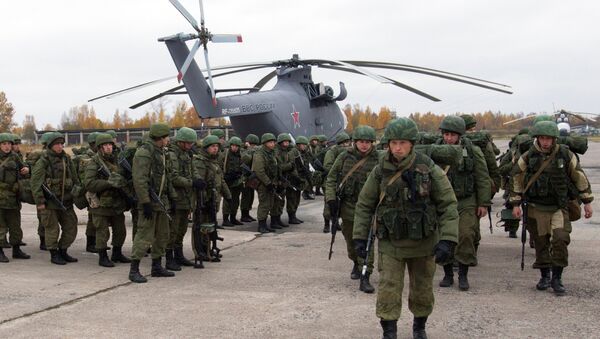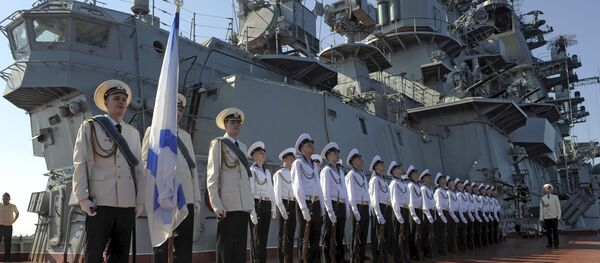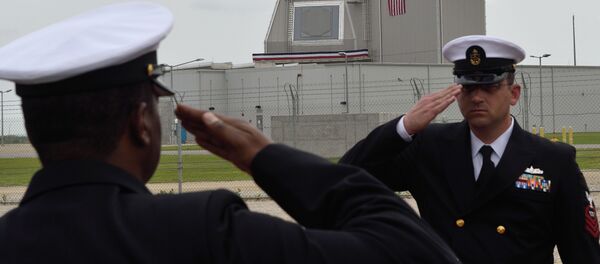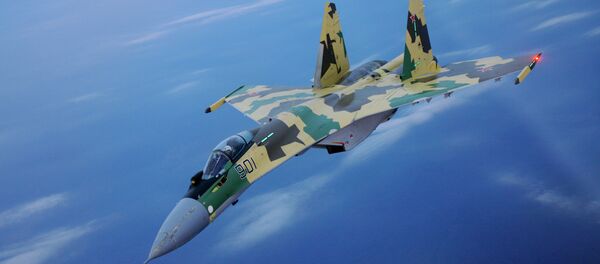The issue of enhancing Russia's military presence abroad to protect the country's national interests is apparently under consideration. It has become increasingly relevant taking into account the Pentagon's (and NATO's) assertiveness in Eastern and Central Europe, as well as the Baltic region. In addition, the US has nearly 800 military bases all over the world despite closing hundreds of facilities in Iraq and Afghanistan in recent years.
Krutikov cited the Lourdes SIGINT facility located near the Cuban capital of Havana as an example.
"NSA surveillance facilities located in Texas cover all areas all the way to Colombia and Venezuela. One could reasonably ask how safe it would be to deploy advanced electronic systems to Cuba and what it would take to provide the base's offline operations," he noted.
Krutikov also mentioned that in the past decade there were three projects aimed at creating Russian military supply bases where none existed before, with a base in Venezuela deemed as the most promising initiative. The journalist offered a detailed explanation why that project was not viable.
These are not the only challenges that this project would have faced. The Russian military would have been forced to ship fuel to Venezuela and lay pipelines to the airfield.
"Stationing five-six bombers would not have provided major strategic advantages to Russia since the US would have deployed several air defense systems to Texas and New Mexico," he said. In addition, this move would have resulted in "more contracts for US defense companies, more jobs in Albuquerque and more people willing to vote for Hillary Clinton in the southern states."
Another project was aimed at establishing supply bases for the Russian Air Force and the Russian Navy in Argentina, but it tanked following the 2015 general elections.
Meanwhile, Russian Deputy Defense Minister Nikolay Pankov said on Monday that Moscow will establish a permanent naval base in the Syrian port city of Tartus, home to the Russian Navy's maintenance and support facility since 1977.
Experts have said that the permanent base on the Syrian coast will help Russia to protect its national interests, neutralize threats and improve its standing in the Middle East. It will provide additional technical and logistical assistance to the Russian naval forces deployed to the Mediterranean and taking part in the Moscow-led counterterrorism operation in Syria.






